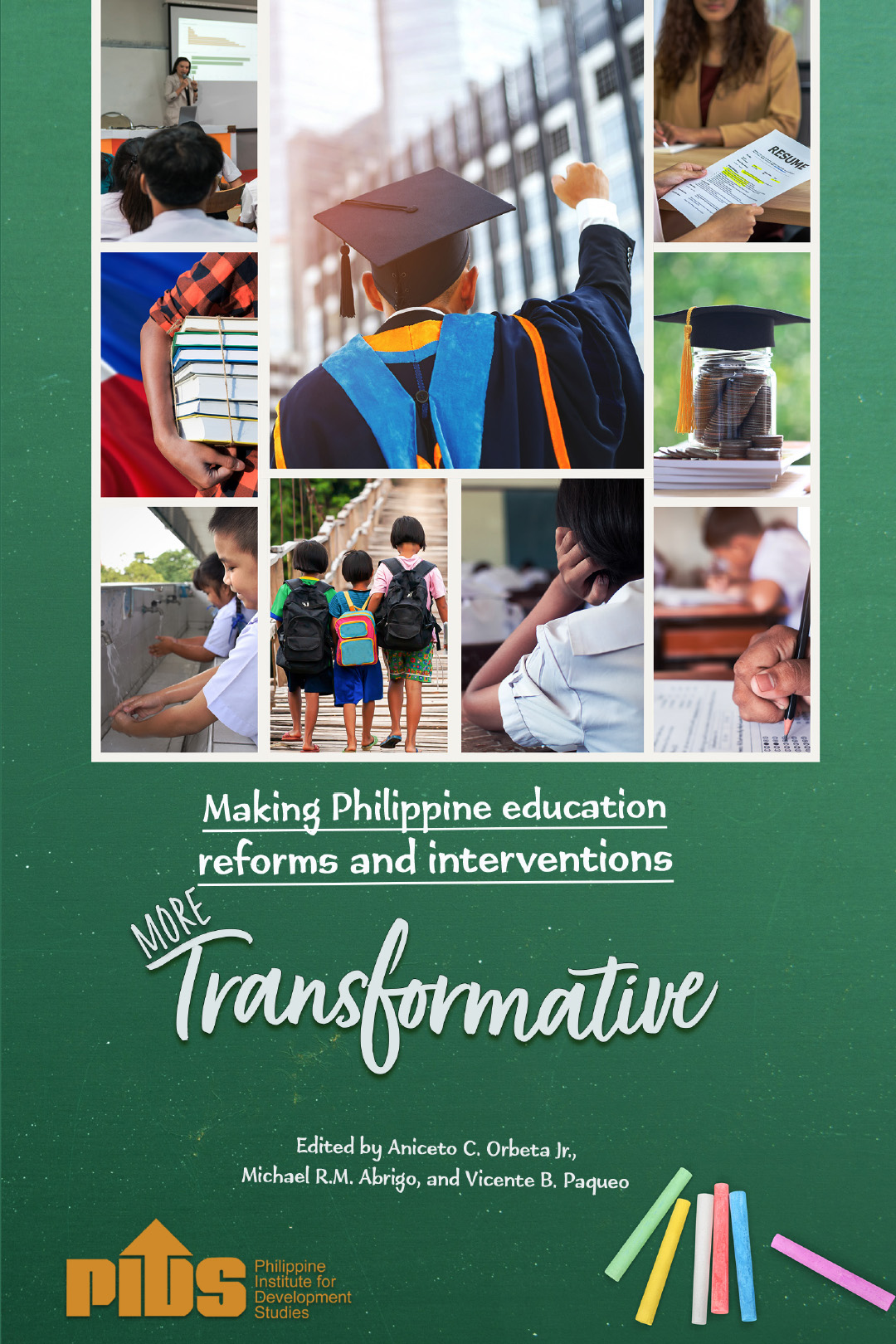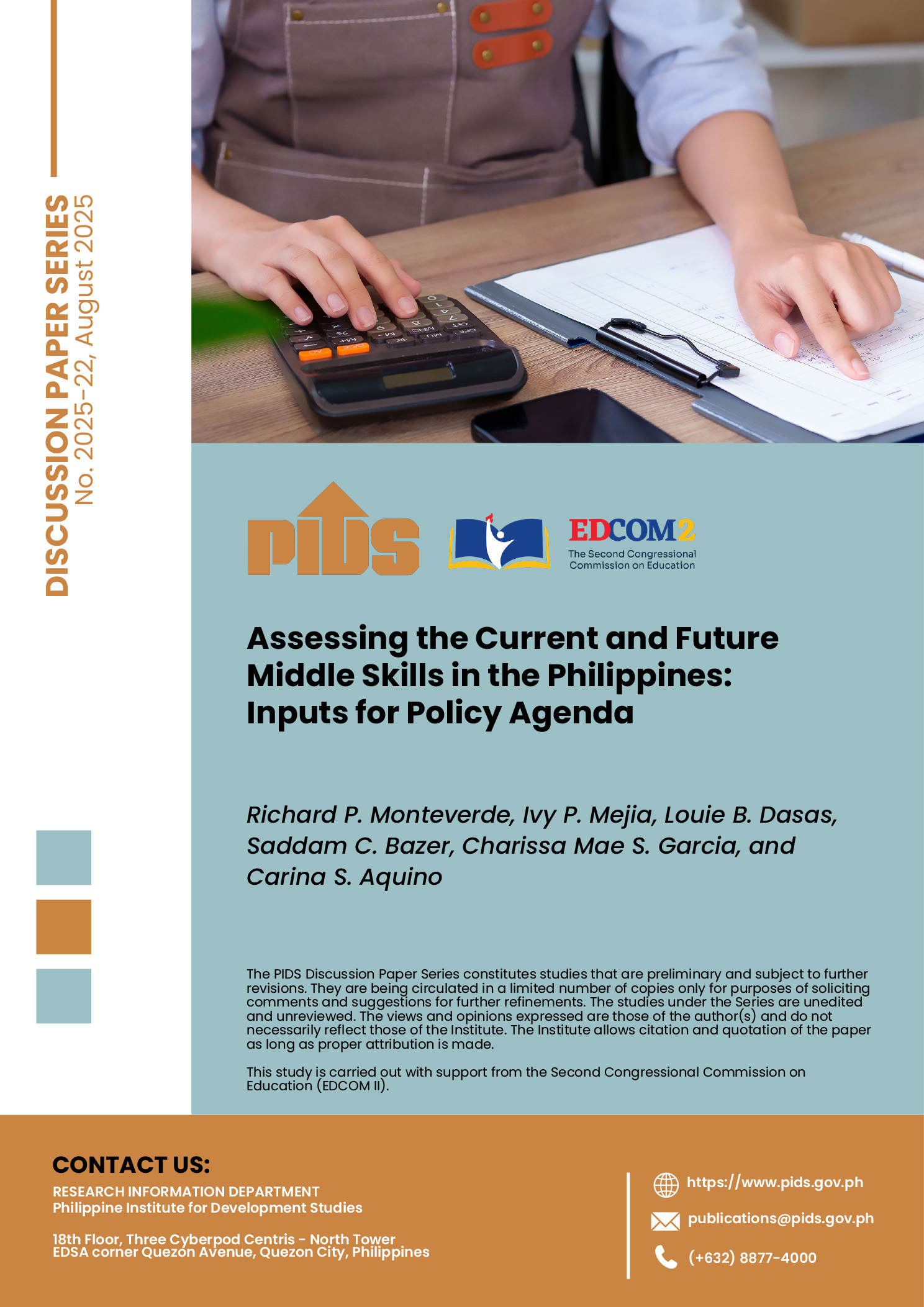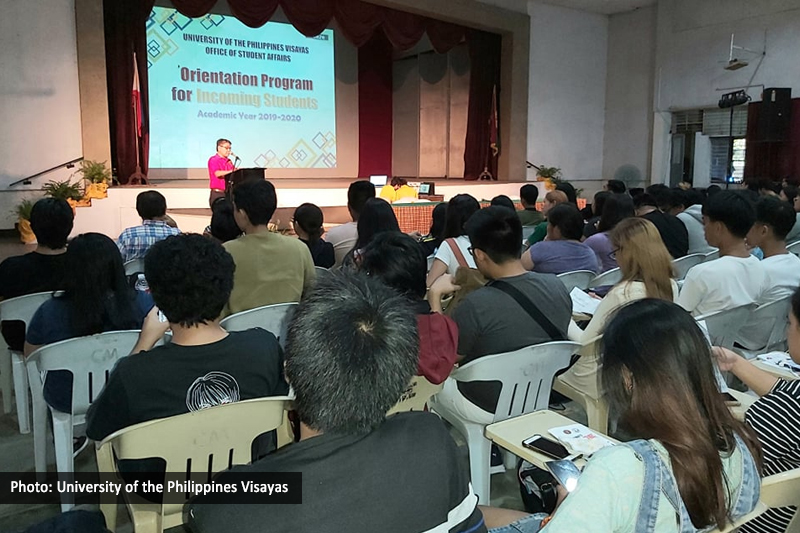The widening skills mismatch in the Philippines has emerged as a critical hurdle to economic progress, placing the spotlight on the urgent need for reform.
Despite strong demand in areas like IT, manufacturing, and technical services, many Filipino workers remain trapped in low-skill jobs, unprepared for high-demand roles that drive growth in other economies.
The Philippine Institute for Development Studies (PIDS) highlighted this issue, identifying outdated educational systems and rapid technological change as root causes.
Education today fails to align with market needs, leaving graduates unprepared and employers struggling to fill technical roles. For instance, workers in elementary or agricultural occupations represent a substantial portion of the workforce—an imbalance in a country striving for industrial competitiveness.
A comprehensive national skills development framework is essential. Such a framework should bridge educational outputs with evolving labor demands, particularly in sectors where advanced skills like data analysis, digital proficiency, and technical expertise are indispensable.
The need for targeted reforms is evident: technical and vocational education and training (TVET) programs must adapt to current realities, providing relevant skills rather than perpetuating underemployment.
To address these gaps, experts emphasize a multi-sector approach. The government, educational institutions, and private sector must collaborate to create a skills pipeline that evolves with industry needs.
Partnerships with businesses can inform curriculum updates, ensuring that students gain practical skills aligned with job market demands.
Additionally, implementing a strong Labor Market Information System (LMIS) could guide policymakers in identifying skills shortages, helping anticipate and address future needs.
The role of lifelong learning and upskilling cannot be overstated. In an age where technological advancements redefine industries, continuous training programs are key to keeping the workforce resilient.
Accessible and relevant training—especially for individuals seeking a career shift—must be prioritized. For many, high-quality training programs are either unaffordable or insufficient, limiting social mobility and economic opportunities.
Failure to tackle the skills mismatch risks deepening inequality. As industries advance, those lacking critical skills may be sidelined into low-wage jobs or unemployment.
Focusing on robust skills development and alignment can help the Philippines foster a more competitive, inclusive, and resilient economy capable of withstanding global shifts and driving sustainable growth.












